Robert Dilt – Sleight Of Mouth Patterns Changing Beliefs Conversationally
Original price was: $52.00.$12.00Current price is: $12.00.
In StockDigital Download: You will receive a download link via your order email
Save up to 85% compared to Salepage prices. In addition, earn additional points. Save more on your next order.
Please contact email: [email protected] if you have any questions about this course.
Description
Unlock your potential with Robert Dilt – Sleight Of Mouth Patterns Changing Beliefs Conversationally, a premium course from renowned authors and industry leaders. Gain expert insights, actionable strategies, and practical tools to advance your skills and achieve success.
Join thousands of learners who trust WSOBox for the best online learning experience. Explore courses from top instructors such as Taylor Welch, Jim Camp, Marisa Peer, Scott Sonnon, and many more.
 Robert Dilt – Sleight Of Mouth Patterns Changing Beliefs Conversationally
Robert Dilt – Sleight Of Mouth Patterns Changing Beliefs Conversationally
Sleight of Mouth is a system of language patterns for persuasion. The concept was devised by Robert Dilts who modelled the argument and persuasion skills of Richard Bandler (the co-founder of Neuro-linguistic programming). By breaking down the methods, Dilts came up with 14 original patterns. Others, such as Steve and Connirae Andreas, have added even more patterns beyond these original 14.
As with other facets of the NLP system, the intention behind formalising the study of influence is to allow people to understand the process, and to duplicate those skills through the direct application of one or more of the Sleight Of Mouth patterns.
The name “Sleight of Mouth” builds off the phrase “Sleight of Hand” which refers to a magician’s skills in making things happen which appear impossible.
A brief description of the key patterns appears below. However, most of the understanding will follow from working through examples, and seeing how these are applied.
* Intent: Focus on the intention behind the statement. This can be done by highlighting their positive intent behind the belief, or by challenging the negative intent.
* Consequences: Find a consequence (even an unintended consequence) which results in the belief being challenged.
* Another Outcome: Maybe people who XYZ need ABC.
* Counterexample: Use an exception where their statement would not be true – which causes the belief that underlies the statement to be questioned.
* Apply to self: Turn the comment back to them – by saying (or implying) that the consequence they suggest applies to you, actually applies to them for making the original statement.
* Reality strategy: Challenge the belief based on the fact that beliefs arise from certain perceptions. Ultimately, this is about asking how they know their belief is true, or what aspects of the belief are really the issue. (This is like the Metamodel[disambiguation needed].)
* Model of the World: Argue that they are saying that as a metaphor for something else.
* Meta frame: Challenge the basis behind the belief, rather than the belief. Suggest that their belief presupposes something.
* Change Frame Size: Extend the implications of the belief to a larger (or a smaller) scale or to a larger (or shorter) time frame.
* Hierarchy of Criteria: Challenge the belief based on more important criteria, suggesting something more important they should be considering.
* Chunk Down[disambiguation needed]: Look at a specific element and challenge the belief.
* Chunk Up: Generalise in order to challenge the belief.
* Metaphor/Analogy: Use an example which challenges the belief.
* Redefine: Use similar words to say the same thing, ensuring that the implication is changed.
* Timeline: Challenge the belief on the basis of how long it holds true. A challenge may initiate: “That’s true today, what about next year? Still true?”
* Redirect: Attack the belief by questioning the underlying beneficial motives. Query “Yes, and what positive value leads you to believe that?”
About Author:
Robert Dilts (born 1955) has been a developer, author, trainer and consultant in the field of Neuro-linguistic programming (NLP) since its creation in 1975 by John Grinder and Richard Bandler.
Dilts has made many personal contributions to the field of NLP including the authorship of the Encyclopedia of Systemic NLP. He is best known for his work on beliefs and strategies. He is also known for introducing many ideas of spirituality into NLP.
Dilts is the author of numerous books including Sleight of Mouth on a set of language patterns for shifting beliefs, Changing Belief Systems with NLP, Beliefs: Pathways to Health and Well-Being with Tim Hallbom and Suzi Smith and many others. He is also the primary author of NLP, Volume 1 with Richard Bandler, John Grinder and Judith Delozier.
He founded Behavioral Engineering – a software company in 1981. There he developed numerous education software programs. Math and Spelling Strategy were licensed by Apple Computer as part of its Special Delivery Software
As a student at the University of California at Santa Cruz (UCSC) in the 1970s, Dilts was the author of the comic strip “Jimmy the Geek”. Dilts graduated from UCSC in 1979.
Robert Dilts studied under Bandler and Grinder since 1975. According to Marilyn Atkinson, founder of Erickson College, Dilts interpreted Gregory Bateson’s work with logical levels which introduced the power of systemic thinking as a framework for asking great questions.
Helene Aubrey, founder of the coach training school IDC in Switzerland, came to coaching after attending an NLP training program in California with Robert Dilts in 1997 when a classmate introduced her to coaching.
In 2003 Dilts wrote From Coach to Awakener and defined coaching as “the process of helping people and teams to perform at the peak of their abilities. It involves drawing out people’s strengths, helping them to bypass personal barriers and limits in order to achieve their personal best, and facilitating them to function more effectively as members of a team.
Thus, effective coaching requires an emphasis on both task and relationship.” Seeing coaching as more outcome-oriented than problem-oriented, Dilts sees coaches emphasizing change while concentrating on defining and achieving specific goals.
Dilts identifies two forms of coaching – executive coaching and life coaching (referred to as capital “C” ). He also sees small “c” coaching as focused at the behavioral level of promoting conscious awareness of resources and abilities, and the development of conscious competence. He defines the competencies and skill set of capital “C” coaching as caretaking, guiding, coaching, teaching, mentoring, sponsoring, and awakening.
Dilts has made many personal contributions to the field of NLP including the authorship of the Encyclopedia of Systemic NLP, based on the work done with Milton Erickson and Gregory Bateson. He is best known for his work on beliefs and strategies. Dilts is the author of numerous important books and workshops, many also translated in Romanian. Since more than 30 years, he has worked as a consultant at some of the biggest companies such as Hewlett Packard, Apple Computer, Fiat, Telecom and Trenitalia.
Delivery Method
Be the first to review “Robert Dilt – Sleight Of Mouth Patterns Changing Beliefs Conversationally” Cancel reply
Why Choose WSOBox for "Robert Dilt – Sleight Of Mouth Patterns Changing Beliefs Conversationally"?
At WSOBox, we provide a comprehensive collection of over 70,000 online courses from world-renowned authors and industry leaders. The "Robert Dilt – Sleight Of Mouth Patterns Changing Beliefs Conversationally" course is one of our premium offerings, carefully curated to help you excel in your personal and professional journey.
Learn from Top Authors and Industry Experts:
- Taylor Welch - Business and Marketing Expert
- Jim Camp - World-Class Negotiation Coach
- Marisa Peer - Leading Therapist and Hypnotherapist
- Scott Sonnon - TACFIT Founder and Fitness Expert
- Dan Kennedy, Brian Tracy, Grant Cardone, Tony Robbins, and more...
What Makes eSoundr Unique?
- ✔️ Access to exclusive, hard-to-find courses from famous authors.
- ✔️ Secure, seamless payment process with instant access to your course.
- ✔️ Downloadable content available for offline learning.
- ✔️ Lifetime access to all purchased courses.
About the "Robert Dilt – Sleight Of Mouth Patterns Changing Beliefs Conversationally" Course:
The "Robert Dilt – Sleight Of Mouth Patterns Changing Beliefs Conversationally" course offers step-by-step instructions, practical tools, and proven strategies to help you succeed. Learn at your own pace, anytime and anywhere, with lifetime access to the course materials.
How Will I Receive My Course?
After your successful payment, you’ll receive a direct download link to access the "Robert Dilt – Sleight Of Mouth Patterns Changing Beliefs Conversationally" course. You can also access it anytime through your WSOBox account.
Need Assistance? How Will I Receive My Course?
If you have any questions, feel free to contact us. Our support team is always ready to assist you in making the most out of your learning experience.
Popular Course Categories at WSOBox?
- 💻 Business & Marketing
- 🎤 Self-Development & Coaching
- 🧠 Hypnotherapy & NLP
- 💪 Health & Fitness
- 🎨 Creative Arts & Design
- 💡 Mindset & Personal Growth
Don’t miss the opportunity to enhance your skills with the best courses at WSOBox. Join our community of lifelong learners and start your journey toward success today!

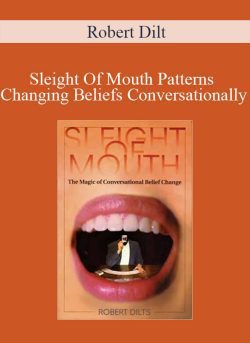
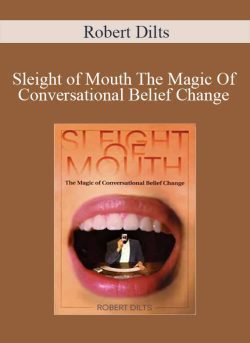
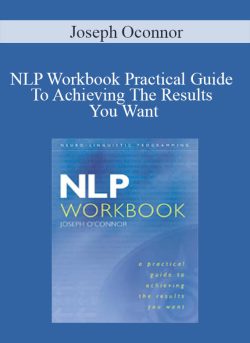
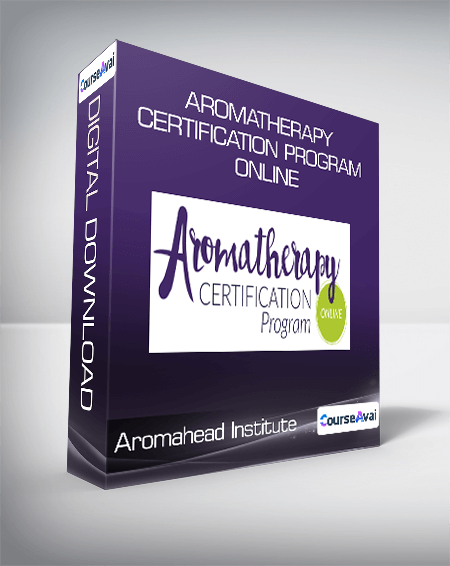

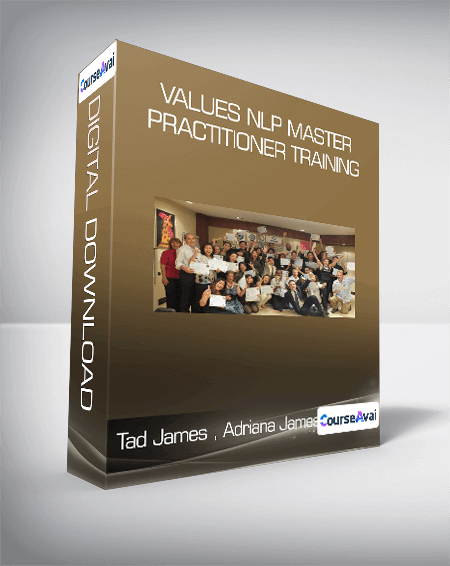
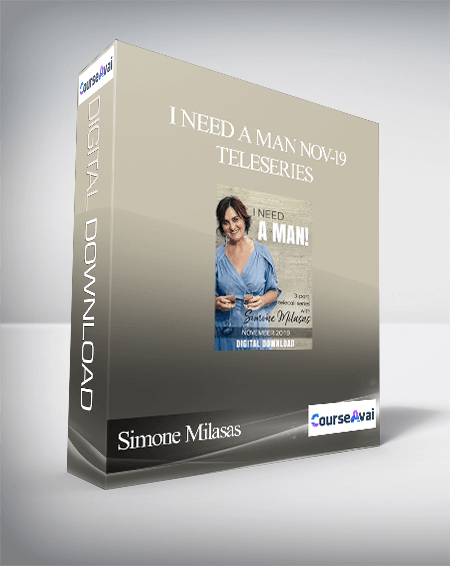

Reviews
There are no reviews yet.